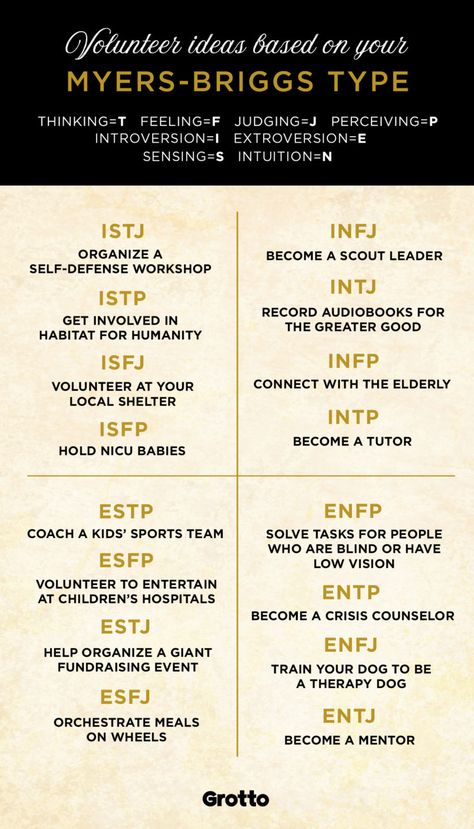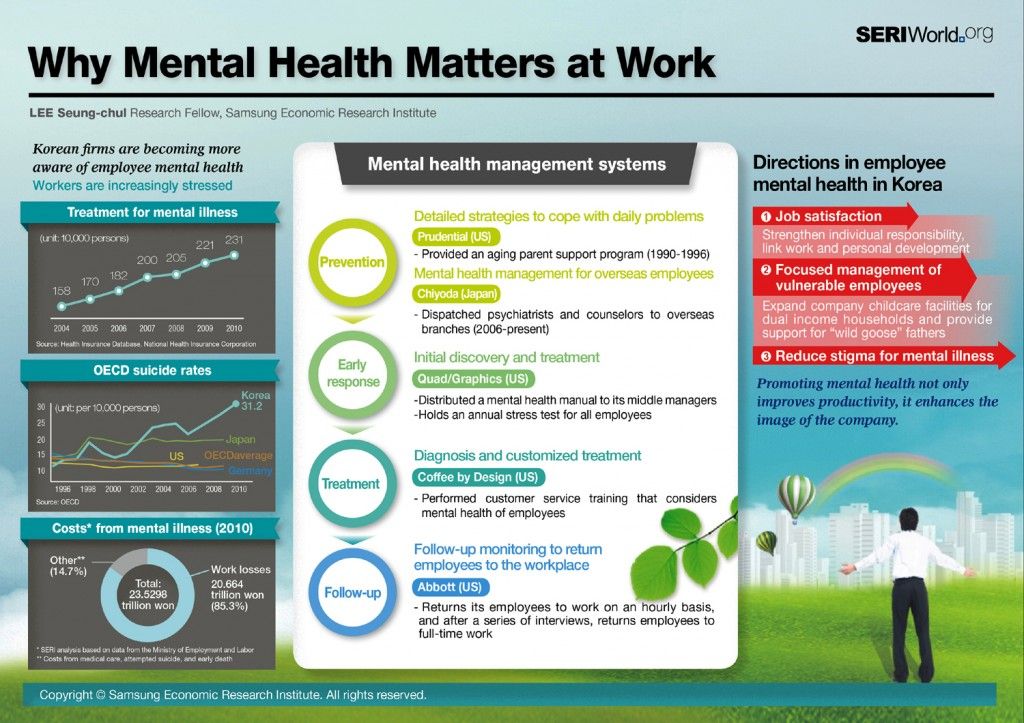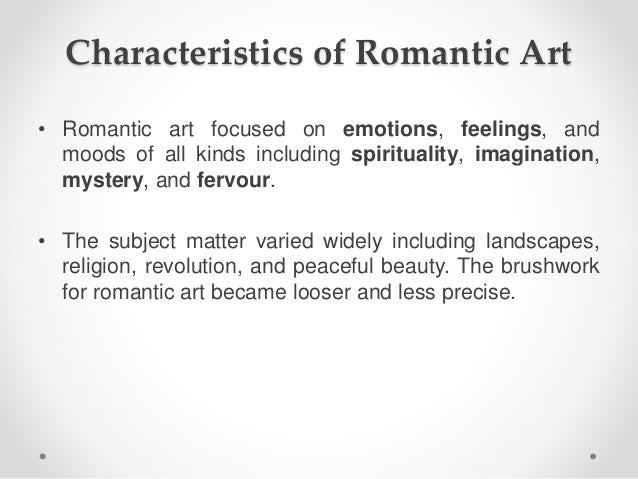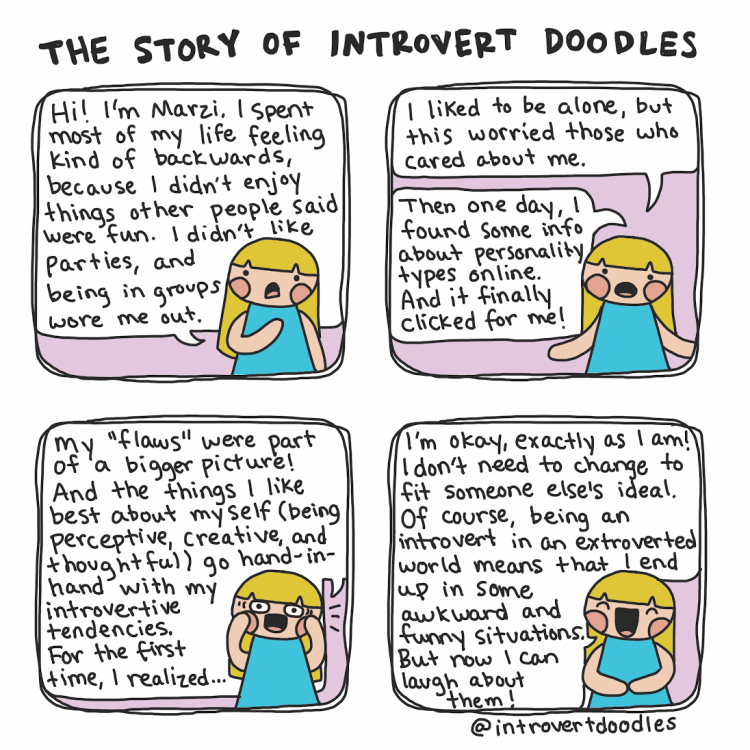Obsession with smelling things
Olfactory Reference Syndrome (ORS)
What Is Olfactory Reference Syndrome (ORS)?
Olfactory reference syndrome (ORS), also known as olfactory reference disorder, is an underrecognized and often severe condition that has similarities to obsessive-compulsive disorder (OCD) and body dysmorphic disorder (BDD). People with ORS think they smell bad, but in reality they don't. There's a profound mismatch between their own perception and the perception of other people.
People with ORS may worry, for example, that they have bad breath or
bad-smelling armpits, or that they emit a foul odor from their genitals, anus
(often flatulence), feet, skin, or other body area. People with ORS may worry
about emitting a bad body odor from any part of their body; the types of odors
and body areas listed here are just some examples. The odor concerns cause
significant emotional distress or interfere with the person's day-to-day
functioning (usually both).
What Are Some Other Symptoms of ORS?
People with ORS perform excessive repetitive behaviors (also called "rituals" or "compulsions") in response to the distress that their body odor preoccupations cause. These behaviors are usually difficult to resist and control. Common excessive behaviors (and lifetime rates) include:
- Smelling one's self: 80%
- Showering (to try to get rid of perceived odor): 68%
- Changing clothes (so the perceived body odor doesn't make clothes smell bad): 50%
- Seeking reassurance about body odor (for example, asking "Do I have bad breath?"): 45%
- Dieting/unusual food intake (for example, to decrease perceived flatulence): 45%
- Brushing teeth (to minimize perceived bad breath): 40%
- Laundering clothes (to get rid of perceived odor): 30%
- Comparing one's body odor to that of other people: 30%
Other common symptoms of ORS include:
- Camouflaging the perceived odor - for example, by using lots of perfume or fragrance, gum, deodorant, mints, mouthwash, or toothpaste
- Embarrassment and shame
- A belief that other people take special notice of the person in a negative way because of how they smell (for example, talk about them or move away from them)
- Social anxiety and social avoidance
- Low self-esteem
- Anxiety and depressed mood
- Use of alcohol or street drugs to try to cope with ORS symptoms
- Suicidal thinking and behavior
How Is ORS Different from More Typical Body Odor Concerns That People May Have?
Here are some of the key differences:
-
Body Odor: First, people with ORS don’t actually have a bad
body odor, even though they think they do.
 They misperceive how they smell.
They misperceive how they smell.
- Preoccupation: People with ORS are preoccupied with body odor; they obsess about it. Typically, they think about their perceived body odor for at least an hour a day (and usually for many hours a day).
-
Emotional Distress and/or Interference in Functioning: The
preoccupation with perceived body odor causes significant emotional
distress, such as depressed mood, anxiety, or even thoughts of suicide. Or,
the odor concerns interfere with the person's day-to-day functioning -- for
example, they may make it hard to be around other people and participate in
social activities, go to school or work, or do other activities. Some people
with ORS think they smell so bad that they won't leave their house because
they don't want other people to smell the odor they believe they emit.

How Common Is ORS?
Good prevalence studies haven't been done. It's likely, however, that ORS is much more common than generally believed. But ORS often goes unrecognized and undiagnosed.
Who Gets ORS?
Anyone can get ORS. This condition occurs around the world. It affects people of all ages, genders, races, and ethnicities. ORS usually starts during adolescence.
How Serious Is ORS?
ORS is a serious psychiatric disorder. It's associated with high rates of psychiatric hospitalization, suicidal thinking, and suicidal behavior.
What If I Or Someone Else Thinks I Might Have ORS, But I Believe I Really Do Smell Bad?
This is a common situation: a person obsesses about perceived body odor, which
causes them emotional distress or interferes with daily functioning. Yet, the
person thinks they don't have ORS because they think they really do smell bad
(even though they really don't). These individuals actually do have ORS.
These individuals actually do have ORS.
By definition, people with ORS have a distorted perception of how they smell. ORS isn't a problem with how the person actually smells; it's a problem with how they perceive themselves. Most people with ORS think that their view of how they smell is definitely or probably accurate. But in reality, it's inaccurate.
If you think you smell bad but other people don't, I encourage you to be
open-minded and find out if you have ORS. There's no downside to doing this.
If you actually smell a bad odor, depending on the type of odor and your other
symptoms, it may be ORS, but it may also be wise to be sure that you don't
have a seizure disorder or another medical condition that might explain your
symptoms. If you're diagnosed with ORS, I encourage you to try treatment for
ORS (see below). Treatment is often effective and can be life-saving.
What Treatments Work for ORS?
Treatments for ORS haven't been well studied. However, clinical experience (including my own) and published case reports and case series in medical journals suggest that treatments similar to those used for body dysmorphic disorder (BDD) and obsessive-compulsive disorder (OCD) may be helpful:
-
Medications called serotonin reuptake inhibitors (also known as SRIs, or
SSRIs): These are non-addictive widely prescribed medications that help stop
obsessive thoughts and compulsive behaviors; they also often alleviate depression, anxiety, social anxiety, misinterpretation of the behavior of others, low self-esteem, suicidal thinking, and other ORS symptoms. In my clinical experience,
higher SRI doses are often needed (like for BDD and OCD) than are typically
used for conditions such as depression or anxiety.

The SRI medications are fluoxetine (Prozac), sertraline (Zoloft), escitalopram (Lexapro), paroxetine (Paxil), fluvoxamine (Luvox), clomipramine (Anafranil), and citalopram (Celexa). These medications' brand names, which are in parentheses, may differ in different countries. These medications are probably all equally effective for ORS, but I generally prefer the first three medications in this list, and citalopram is not recommended. But the best medication choice can differ for different people and needs to be individualized for each person.
- It's possible that medications called neuroleptics may be helpful when added to an SRI.
-
Cognitive-behavioral therapy (CBT): This "here-and- now"
practical treatment helps change problematic ORS thoughts and behaviors. CBT
for ORS helps people develop more accurate and helpful thoughts and beliefs;
get better control over their repetitive and time-consuming behaviors
(rituals), such as checking for body odor; and feel more comfortable being
around other people.
 A published treatment manual (guide) that is
evidence-based (i.e., supported by scientific research studies) isn’t
available for therapists to use. However, CBT for ORS appears most similar
to CBT for BDD; thus, therapists can consider using the following treatment
manual, while adapting it to ORS symptoms: Cognitive-Behavioral Therapy for
Body Dysmorphic Disorder: A Treatment Manual, by Sabine Wilhelm, Ph.D.,
Katharine A. Phillips, M.D., and Gail Steketee, Ph.D. (published by Guilford
Press, New York, NY, 2013). In my experience, this treatment manual for BDD
can be easily adapted to treat ORS by making only minor changes to the
manual. For example, words pertaining to body odor should replace words that
pertain to physical appearance, and repetitive behaviors relevant to ORS
(such as excessive clothes laundering) should replace repetitive behaviors
relevant to BDD (such as excessive grooming).
A published treatment manual (guide) that is
evidence-based (i.e., supported by scientific research studies) isn’t
available for therapists to use. However, CBT for ORS appears most similar
to CBT for BDD; thus, therapists can consider using the following treatment
manual, while adapting it to ORS symptoms: Cognitive-Behavioral Therapy for
Body Dysmorphic Disorder: A Treatment Manual, by Sabine Wilhelm, Ph.D.,
Katharine A. Phillips, M.D., and Gail Steketee, Ph.D. (published by Guilford
Press, New York, NY, 2013). In my experience, this treatment manual for BDD
can be easily adapted to treat ORS by making only minor changes to the
manual. For example, words pertaining to body odor should replace words that
pertain to physical appearance, and repetitive behaviors relevant to ORS
(such as excessive clothes laundering) should replace repetitive behaviors
relevant to BDD (such as excessive grooming). Mirror retraining, which we
use when treating BDD, is not needed for ORS.
Mirror retraining, which we
use when treating BDD, is not needed for ORS.
In my experience, these treatments often improve ORS preoccupations and compulsive behaviors such as checking one's body for odor. These treatments also usually help people feel more comfortable in social situations and less depressed and anxious. Some people improve when treated with medication alone or with CBT alone, whereas others benefit from receiving both treatments at the same time. For more severe symptoms, treatment with both medication and CBT concurrently is usually recommended.
Some people with ORS seek treatment of their odor concerns from non-mental
health clinicians, such as ENT (ear, nose, and throat) doctors, dentists,
dermatologists, surgeons, gastroenterologists, and gynecologists. Some even
have surgery, such as a tonsillectomy or removal of sweat glands. Although
very little scientific research has been done on the effectiveness of these
treatments, they do not appear to be helpful. Thus, non-mental health
treatments such as these are not recommended for ORS.
Although
very little scientific research has been done on the effectiveness of these
treatments, they do not appear to be helpful. Thus, non-mental health
treatments such as these are not recommended for ORS.
What Causes ORS?
The cause of ORS isn't known. However, it's likely that -- like other psychiatric conditions -- ORS results from a complex combination of genetic predisposition/neurobiologic factors as well as life experiences and sociocultural factors.
Hope for People With ORS
ORS can be severely distressing and impairing, to the point where some people
consider suicide. But there is hope for people with ORS! If you're diagnosed
with ORS, I encourage you to try the medications and/or therapy discussed
above. These treatments can help free you of odor preoccupations and rituals,
depression, anxiety, social anxiety, and other associated symptoms. They are
often effective and can be life-saving.
They are
often effective and can be life-saving.
For More Information About ORS
Olfactory Reference Syndrome: Demographic and Clinical Features of Imagined Body Odor, by Katharine A. Phillips, M.D., and William Menard, B.A., published in General Hospital Psychiatry.
http://www.ncbi.nlm.nih.gov/pmc/articles/PMC3139109/
Olfactory Reference Syndrome: Problematic Preoccupation with Perceived Body Odor, by Katharine A. Phillips, M.D., published in the OCD Newsletter https://iocdf.org/expert-opinions/olfactory-reference-syndrome-problematic-preoccupation-with-perceived-body-odor/
Contact Me
I've been evaluating and treating people with ORS for more than 25 years. If
you'd like to see me for a one-time evaluation so I can give you treatment
recommendations, or if you live in New York State and would like to
see me for ongoing treatment, please call the Weill Cornell Psychiatry
Specialty Center at 646-962-2820, email me at
kap9161@med. cornell.edu (all
lower case), or
contact us.
cornell.edu (all
lower case), or
contact us.
Photo credit: Sander van der Wel. Foter. CC BY-SA (young man)
My Top-4 Sniffing Obsessions That Will Blow Your Mind | by Joel Teh
I used to live my life every damn day fighting against a bad habit, or rather an addiction that is weird but somehow soothing to me even until today. Some of my friends get a little uncomfortable by my quirky behavior wherein later causes them to keep a distance from me.
My parents and close friends told me countless times that it isn’t usual to practice that strange obsession, especially in public. I know they were saying that for my own good, but…I can’t resist it. Thus, I stuck myself in that odd snare to fulfill my sense of arousal.
When people attach to different senses, mine is “sniffing”. Though it’s normal that we as human beings smell to discern odors, I personally affix to the smell of things (neither aroma nor stink) that people don’t usually be fond of pursuing in daily life.
Growing up with the peculiarity, I’ve wrestled over the suppression of smelling things, or sometimes the disturbing reaction people gave me when I smell something spontaneously. Despite such behavior and minor negative response from people around me, I’m still happy that God gave me the privilege to smell things for mental health benefits such as stress release, soothing emotion and etc.
If you are wondering about my fixations, here are my top-4 item to blow your mind. So WATCH OUT!
1. Clothes (Only For Certain Textile Fibers)
Photo by Prince Abid on UnsplashI can’t remember when did I start developing this obsession, but sniffing clothes is always on my list. This preference may seem a little strange, but I don’t smell all of them. There are only certain textile fibers that would trigger my nose sniffing desire, for instance, spandex, lycra, latex, silk, or any other fibers with smooth and flimsy tactility.
I could still remember myself watching superheroes series when I was a kid. My heart triumphed for those warriors, not because they fought hard to defeat enemies, but simply because I was stimulated by their costumes.
My heart triumphed for those warriors, not because they fought hard to defeat enemies, but simply because I was stimulated by their costumes.
They were shiny and elastic.
My heart beats as fast as it goes whenever I see people putting on those fabrics, and my nose would get ready to smell them anytime. But sadly, it never happened (Why isn’t anyone around me interested?).
2. Books
Photo by Roman Trifonov on UnsplashYes, I am a bookworm and I read fiction most of the time. While I read, I sniff them as well.
As a book junkie since young, I sniff every single book I hold on hand. I get extremely attached to the paper quality in those books. Whenever I flip through pages by pages, I just couldn’t help but desperately sniff them before getting myself into reading. That said, the smell of paper matters more than the content itself.
Some people were taken aback when they first saw me sniffing books right in front of them, but got used to it after knowing me for a while. “He’s always like that, he likes smelling books, and when he does that, he’s happy,” that’s how my friends would describe me whenever someone else gets a culture shock when seeing me.
“He’s always like that, he likes smelling books, and when he does that, he’s happy,” that’s how my friends would describe me whenever someone else gets a culture shock when seeing me.
Despite sniffing the book itself doesn’t seem to be healthy, there are still people who share the same hobby as me. Growing up with those friends, we visited bookstores for our book sniffing adventures during our free time. In most cases, we browsed through books corners by corners, sections to sections for different themes, and probably different aromas as well. If I find something compelling, I’ll buy them and put them in my reading room for book sniffing fantasies whenever I wanted to.
3. Pets
Photo by Karlijn Prot on UnsplashIf you’ve read my previous article “3 Mind-Blowing Facts You May Not Know About Your Pooch!”, you ought to know that I’m a severe cynophilist who loves dogs for life.
Apart from dogs, I do love other pets such as cats, rats, guinea pigs, flying squirrels and etc.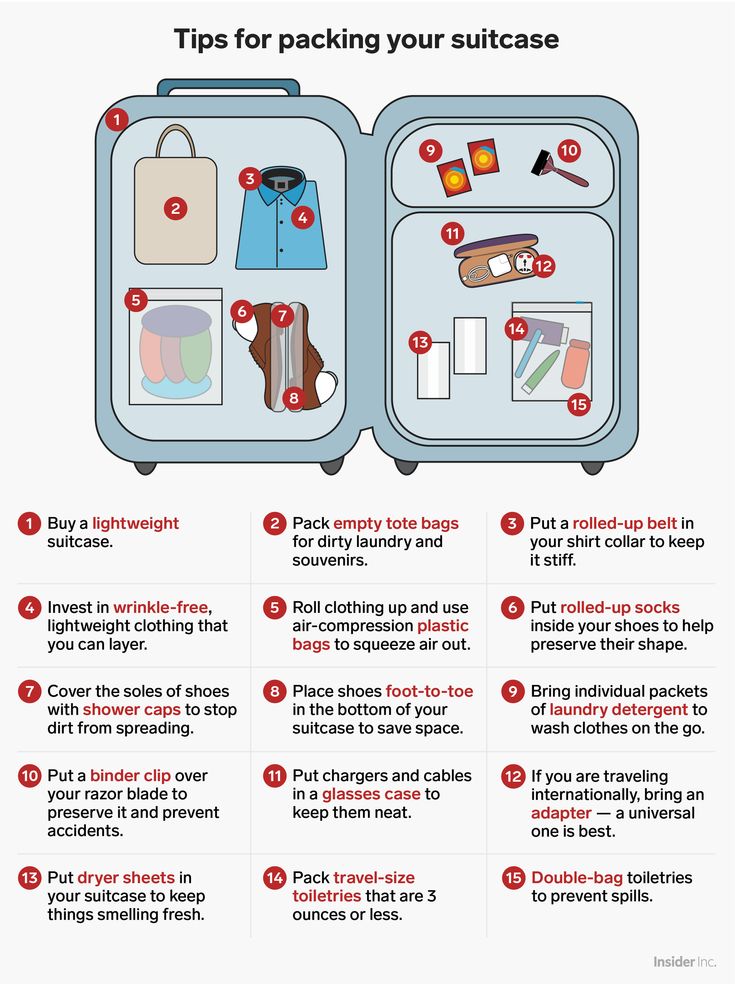 When I scream my heart out for their overloaded cuteness, I smell them tightly to express my affection as well.
When I scream my heart out for their overloaded cuteness, I smell them tightly to express my affection as well.
It’s extremely normal that we as owners stay bonded with pets by sniffing their fur and fluffy skin, and there’s no exception for me as well. Since I have dogs and a guinea pig in my house, sniffing pets has become one of my daily obsessions since my high school days.
4. Gasoline
Photo by Mahkeo on UnsplashThere is scientific evidence to prove that the smell of gasoline brings diseases to our body health. Nonetheless, some people are still quite obsessive about it. That includes me!
I don’t usually visit the petrol station daily just to get a smell, but when I need to fill up my car, that’s where I drive myself to the station and enjoy the 3-minute gasoline sniffing session while seeing the liter of petrol running to the exact amount I paid for my car.
“You can’t buy any perfume in the world that smells as sweet as gasoline.”- William K.
Whiteford.
As quoted by Whiteford, the smell of gasoline is more appealing than the scent of the fragrance. An English model, Kate Moss even claimed that gasoline is one of the most preferred scents in the world, and that includes her daughter who urges her to keep the door open whenever she’s filling up the car all the time.
In Conclusion,
Sniffing is a natural sense performed by the human body to perceive the external stimulus. If you are reading this and could relate to my sniffing obsession, no more hiding nor feeling embarrassed as we’re just born to be stronger in distinguishing odors than other people.
As a sniffer with peculiar obsessions, I have disclosed my fixations above to help you understand me on a deeper level. So…what about yours?
Be cautious, I’m sniffing your obsession now. *GIGGLE*
Love as an Obsession: Causes and Solutions
What motivates a woman who floods a guy with letters, sticks out at his house in the pouring rain and eliminates all her friends because they tried to interfere? Approximately the same thing that pushes an alcoholic to a bottle, and sends a drug addict to search for a new dose. Love over the edge is also an unhealthy addiction.
Love over the edge is also an unhealthy addiction.
Website editor
Tags:
Love
Relations between the sexes
Love
Unhealthy relationships
When Kira* fell in love for the first time, she fell head over heels in love. He became her first lover, and Kira, a freshman at that time, was literally obsessed with him, she just went crazy. How hard it was for her to come to terms with the fact that he already had an affair before her!
He used to date a school friend. That girl was red-haired, and Kira, having learned about it, began to wander the streets and look for red-haired girls in the crowd in order to understand what they have that she does not have. Worst of all, that guy seemed to be making her jealous on purpose. One day, he casually mentioned that that girl left him, and he suffered. At one time, he even kept a photo of the redhead on his desk. nine0003
One day, he casually mentioned that that girl left him, and he suffered. At one time, he even kept a photo of the redhead on his desk. nine0003
Once the photo disappeared, but Kira did not experience any relief: now she was afraid that he would go to her "rival". She was calm only when her beloved was sleeping peacefully in her bed.
Oh, this love obsession that made Tatyana turn pale in the presence of Onegin and threw Karenina under the train! If you have ever experienced strong feelings, you know this trembling that covers at the sight of an object of passion, the painful expectation of news from him, puppy delight when the long-awaited text message arrived, and two hours spent reading between the lines what he had in mind, writing: "Hi, how are you?", and the absolute inability to think about anything else...
For the time being, this is normal. Any specialist will confirm that if all these feelings are unfamiliar to you, then you have never loved.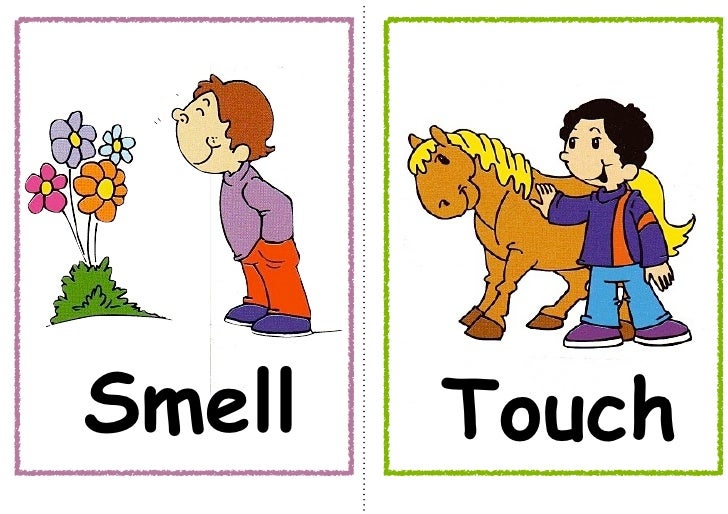
Blame evolution for everything: as soon as we meet someone suitable, we are ready to literally chase this person until we round it up. That's the way we are.
The Chemistry of Passion
In the early stages of love, you are drunk on dopamine, a substance produced by the body that is associated with pleasure, strong desire, and even addiction. Brain tomography has shown that when people look at photos of loved ones, there is a burst of activity in a certain small area of the brain, and you literally bathe in the hormones of pleasure. This is a brain reward system aimed at shaping desires, aspirations, forcing people to direct energy in the right direction. What scares me is the same area that is involved in cocaine addiction. Once activated, you are strongly motivated to get what you want, be it drugs or a loved one. Scientists have proven that romantic love can be as powerful as drug addiction. Researchers recall a woman who took 10 years to get over being dumped by a man. nine0003
Researchers recall a woman who took 10 years to get over being dumped by a man. nine0003
MRI studies have also shown that the region of the brain responsible for anxiety is incredibly active in lovers. Therefore, we stand on our ears if our loved one does not answer messages / calls for a little longer than usual or is late for a meeting. Well, of course, something terrible happened to him, or, worse, he cheats. After all, his phone couldn’t just break, and a tire couldn’t have been punctured?
In addition to this, a mixture of hormones seethes in us, which makes the object of passion and everything connected with it incredibly sexually attractive. This mechanism also works vice versa: not only from attachment to sex, but also from sex to attachment, which is why we sometimes fall in love with a person with whom we were just going to spend the night. nine0003
Still, the most important thing in love affairs is not chemistry. Contrary to the urban legend that sexual attraction in humans is due to pheromones (as is the case in other animals endowed with a keen sense of smell), we are guided by a kind of “love map of the brain”: a list of things that we subconsciously look for in a potential partner (everyone has one's own: success, a certain physique, the timbre of the voice - what turns someone on). Human desire has more to do with who we're looking for and how they treat us than any combination of smells or hormones, researchers say. nine0003
Contrary to the urban legend that sexual attraction in humans is due to pheromones (as is the case in other animals endowed with a keen sense of smell), we are guided by a kind of “love map of the brain”: a list of things that we subconsciously look for in a potential partner (everyone has one's own: success, a certain physique, the timbre of the voice - what turns someone on). Human desire has more to do with who we're looking for and how they treat us than any combination of smells or hormones, researchers say. nine0003
In the end, there comes a moment when the phase of falling in love “I don’t eat, I don’t sleep - I keep thinking about him” flows into the phase “now I am able to notice his shortcomings”. For several years after the wedding, this dopamine-drug dependence on each other persists, but the manic obsession with the beloved gradually dissipates over the course of about a year. If this were not so, we would not be able to really do anything and think about anything except our love, and everyone would have died out long ago, like dinosaurs.
When love turns into a mental illness
For some people, however, this crazy love persists. Even if the guy lets you down all the time... and sees you less and less... or you start to find evidence hinting at his betrayal. What's even crazier is that a man's fickle attention can ignite a love obsession even in the heart of a well-balanced woman.
Svetlana, 26, met a guy just before her long-awaited departure to Spain, where she was going to do an internship and learn the language. “I instantly fell in love. We were inseparable, we wanted to live together when I returned,” she recalls. Sveta was even ready to cancel her dream trip. But the guy insisted - under the pretext of caring about her future. nine0003
She left and wrote him a love e-mail a day, sent a video about her life abroad. He never answered. But she didn't doubt his love for a second, even as she heard more and more alienation in his voice on the phone. The calls became less and less frequent, and finally he announced to her that it was all over, without any explanation. Instead of understanding what kind of guy he was and cutting him out of her life, Sveta boarded the nearest plane home, sobbing the whole flight. From the airport, she went straight to his house and started banging on the door, sobbing, until his brother opened it. The boy explained to the unfortunate woman that "her boyfriend" no longer considers her his girlfriend. nine0003
The calls became less and less frequent, and finally he announced to her that it was all over, without any explanation. Instead of understanding what kind of guy he was and cutting him out of her life, Sveta boarded the nearest plane home, sobbing the whole flight. From the airport, she went straight to his house and started banging on the door, sobbing, until his brother opened it. The boy explained to the unfortunate woman that "her boyfriend" no longer considers her his girlfriend. nine0003
The main reason a healthy, normal crush turns into a painful obsession is when someone gives you a share of attention and continues to feed your feelings, but not so much that you feel confident in him, experts say. The “Yes – No – I don’t know – maybe” behavior model drives even quite sane people crazy. In other words, if you get a love drug in small doses, it only increases the addiction.
Are you prone to love obsession? nine0030
Most of us have such sins as trying to catch the eye of those with whom we are passionate more often and studying their pages on social networks up and down. But psychologists believe that certain personality types are especially at risk of falling prey to destructive passion. People who grew up in families where someone suffers from alcoholism, or who lacked parental care, are prone to chasing the unavailable.
But psychologists believe that certain personality types are especially at risk of falling prey to destructive passion. People who grew up in families where someone suffers from alcoholism, or who lacked parental care, are prone to chasing the unavailable.
Such an anxious person will assume that if the guy does not call, then it is her fault. At the same time, she feels like a half of a person while he is not around. People of this type can be quite happy, even when their feelings are not quite shared, because they are turned on by this "one step forward and two back" relationship, devoid of specific obligations. nine0003
Let's go back to Kira. Her relationship with that guy dragged on for four years, thanks in part to its dramatic nature. “We had very violent sex, as well as grandiose scandals right in the middle of the street. We parted and reconciled. Once I got so angry with him that I jumped out of the car on the move.
When relationships quickly become tense beyond measure, the thing you fear most will inevitably happen: you will simply scare away the person you love so madly.
How to break the vicious circle
The cure for love obsession is the same as for getting rid of any other dangerous addiction: try to enlist the support of others and quit your painful habit completely, abruptly and irrevocably.
But first, it is worth analyzing your own behavior: did the relationship develop at the speed of light at your suggestion? Your idol almost immediately became your whole world, despite clear signs that he is not the person you need? As soon as you understand what pattern you acted on, you will have a chance to change something for the better. nine0003
Next step: drop the object of your obsession in one fell swoop - no indulgence, no goodbye nights. Every time you visit his page on the social network, you get a dose of dopamine, and your addiction grows stronger, psychologists warn. Unfriend him everywhere, delete correspondence from your phone, put everything connected with him out of sight. Then renounce any contact with him and swear that you will not answer if he tries to contact you.
Then renounce any contact with him and swear that you will not answer if he tries to contact you.
Ask your friends not to mention his name in your presence. If you can’t sleep or work and don’t get out of depression for weeks, try to contact a psychotherapist. The goal of therapy is to replace the irrational thoughts that you need someone to feel complete with a healthy view of love. nine0003
Kira's turbulent relationship ended when she discovered that her boyfriend had done what she feared most: sleeping with his red-haired ex-girlfriend. Kira experienced a disgust that cured her passion. She started dating more adequate guys and found a fiancé who was the complete opposite of her ex. They did not have any dramas, scandals and jumps out of the car. They soon got married. “I was not afraid to lose him - and I liked this feeling of closeness and spiritual comfort,” admits Kira. - In my previous relationships, I never really felt like a person.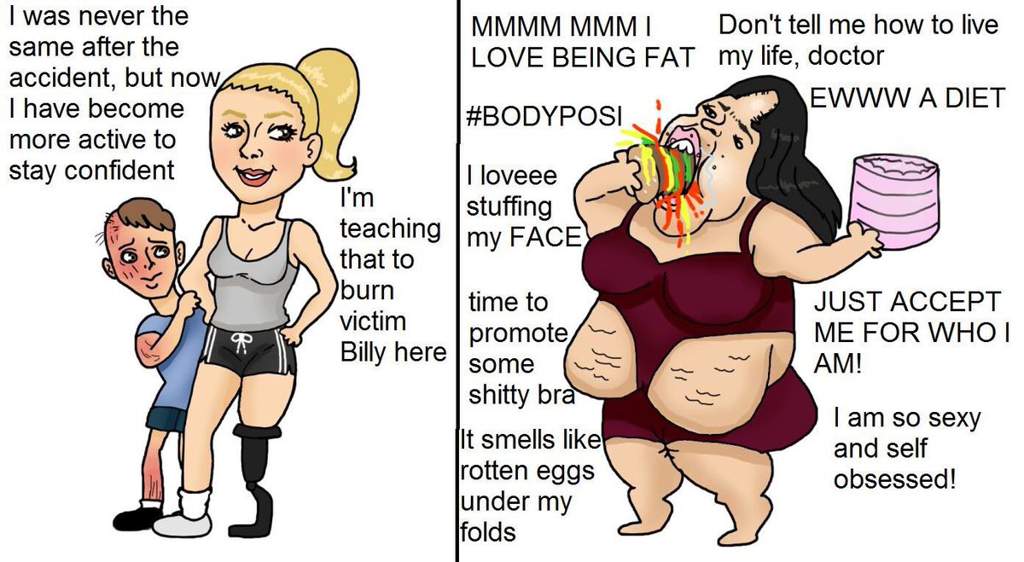 And now everything seems so stable and real. I never thought before that love could be like this. And now I know it." nine0003
And now everything seems so stable and real. I never thought before that love could be like this. And now I know it." nine0003
__________
*Names have been changed.
At what point does love turn into addiction
When feelings cross all personal and public boundaries, this state can be called an unhealthy addiction.
Maria Vasilyeva
pexels.com
In the early stages of love, you are drunk on dopamine, a chemical produced by the body that is associated with pleasure, intense desire, and even addiction. Brain tomography has shown that when people look at photos of their loved ones, there is a burst of activity in a certain small area of the brain, and you literally bathe in the hormones of pleasure. This is a brain reward system aimed at shaping desires, aspirations, forcing people to direct energy in the right direction. What scares me is the same area that is involved in cocaine addiction. Once activated, you are strongly motivated to get what you want, be it drugs or a loved one. Scientists have proven that romantic love can be as powerful as drug addiction. Researchers recall a woman who took 10 years to get over being abandoned by a man. nine0003
Once activated, you are strongly motivated to get what you want, be it drugs or a loved one. Scientists have proven that romantic love can be as powerful as drug addiction. Researchers recall a woman who took 10 years to get over being abandoned by a man. nine0003
MRI studies have also shown that the area of the brain responsible for anxiety is incredibly active in lovers. Therefore, we stand on our ears if our loved one does not answer messages / calls for a little longer than usual or is late for a meeting. Well, of course, something terrible happened to him, or, worse, he is cheating. After all, his phone couldn’t just break, and a tire couldn’t be punctured?
In addition to this, a mixture of hormones seethes in us, which makes the object of passion and everything connected with it incredibly sexually attractive. This mechanism also works vice versa: not only from attachment to sex, but also from sex to attachment, which is why we sometimes fall in love with a person with whom we were just going to spend the night. nine0003
nine0003
Still, the most important thing in love affairs is not chemistry.
Contrary to the urban legend that sexual attraction in humans is due to pheromones (as it happens in other animals endowed with a heightened sense of smell), we are guided by a kind of "love map of the brain": a list of things that we subconsciously look for in a potential partner ( everyone has his own: success, a certain physique, the timbre of the voice - what turns on whom). Human desire has more to do with who we're looking for and how they treat us than any combination of smells or hormones, researchers say. nine0003
Finally, there comes a moment when the phase of falling in love “I don’t eat, I don’t sleep - I keep thinking about her” flows into the phase “now I am able to notice his shortcomings”. For several years after the wedding, this dopamine-drug dependence on each other persists, but the manic obsession with the beloved gradually dissipates over the course of about a year. If this were not so, we could not really do anything and think about anything except our love, and everyone would have died out long ago, like dinosaurs.
If this were not so, we could not really do anything and think about anything except our love, and everyone would have died out long ago, like dinosaurs.
When love turns into a mental illness
For some people, however, this crazy love persists. Even if a man lets you down all the time... and sees you less and less... or you start to find evidence hinting at his betrayal. What's even crazier is that a man's fickle attention can ignite a love obsession even in the heart of a well-balanced woman.
Svetlana, 32, met a man just before her long-awaited departure to Spain, where she was going to do an internship and learn the language. “I instantly fell in love. We were inseparable, we wanted to live together when I returned, ”she recalls. Sveta was even ready to cancel her dream trip. But her beloved insisted, under the pretext of caring about her future. nine0003
She left and wrote him a love e-mail a day, sent a video about her life abroad. He never answered. But she did not doubt his love for a second, even when she heard more and more alienation in his voice on the phone. The calls became less and less frequent, and finally he announced to her that it was all over, without any explanation. Instead of understanding what kind of guy he was and cutting him out of her life, Sveta boarded the nearest plane home, sobbing the whole flight. From the airport, she went straight to his house and started banging on the door, sobbing, until his brother opened it. The boy explained to the unfortunate woman that "her boyfriend" no longer considers her his girlfriend. nine0003
He never answered. But she did not doubt his love for a second, even when she heard more and more alienation in his voice on the phone. The calls became less and less frequent, and finally he announced to her that it was all over, without any explanation. Instead of understanding what kind of guy he was and cutting him out of her life, Sveta boarded the nearest plane home, sobbing the whole flight. From the airport, she went straight to his house and started banging on the door, sobbing, until his brother opened it. The boy explained to the unfortunate woman that "her boyfriend" no longer considers her his girlfriend. nine0003
The main reason healthy, normal love turns into a painful obsession is when someone gives you a share of attention and continues to feed your feelings, but not so much that you feel confident in him, experts say. The "Yes - No - I don't know - maybe" behavior pattern drives even quite sane people crazy. In other words, if you get a love drug in small doses, it only increases the addiction.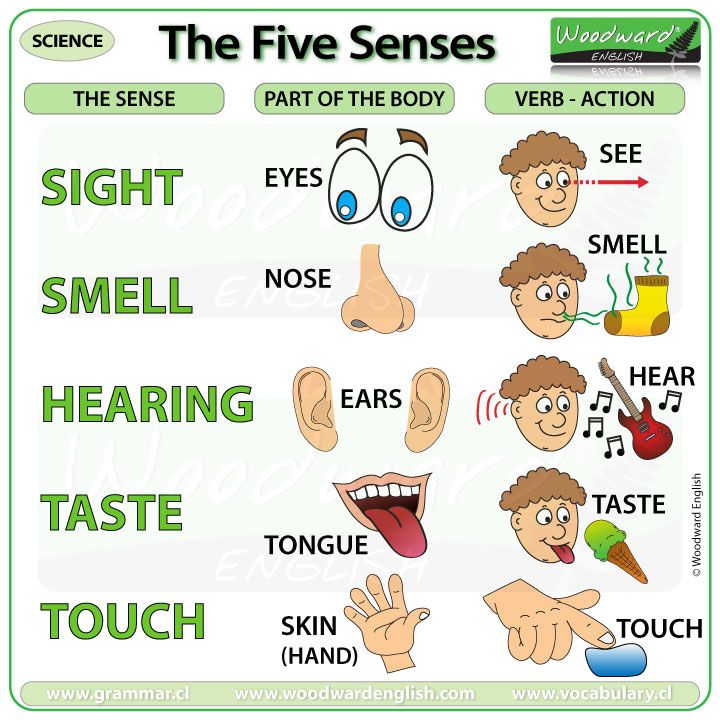
Are you prone to love obsession? nine0030
Most of us have such sins as trying to catch the eye of the one we are passionate about more often and studying their pages on social networks up and down. But psychologists believe that certain personality types are especially at risk of falling prey to destructive passion. People who grew up in families where someone suffers from alcoholism, or who lacked parental care, are prone to chasing the unavailable.
Such an anxious person will assume that if the guy does not call, then it is her fault. At the same time, she feels like a half of a person while he is not around. People of this type can be quite happy, even when their feelings are not quite divided, because they are turned on by this relationship "one step forward and two steps back", devoid of specific obligations. nine0003
When relationships quickly become tense beyond measure, the thing you fear most will inevitably happen: you will simply scare away the person you love so madly.
How to break the vicious circle
The cure for love obsession is the same as for getting rid of any other dangerous addiction: try to enlist the support of others and quit your painful habit completely, abruptly and irrevocably.
But first, it is worth analyzing your own behavior: did the relationship develop at the speed of light at your suggestion? Did your idol almost immediately become your whole world, despite clear signs that he is not the person you need? As soon as you understand what pattern you acted on, you will have a chance to change something for the better. nine0003
Next step: drop the object of your obsession in one fell swoop - no indulgences, no goodbye nights. Every time you visit his page on the social network, you get a dose of dopamine, and your addiction grows stronger, psychologists warn. Unfriend him everywhere, delete correspondence from your phone, put everything connected with him out of sight.


